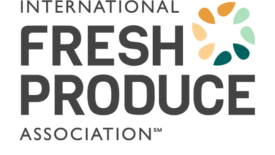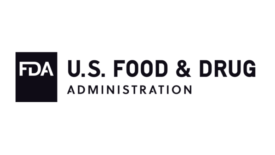Home » training
Articles Tagged with ''training''
BIZTRACKS
Interactive “Food Safety Ninja” Website Launched by Local Health Department
March 27, 2023
BIZTRACKS
Intertek Alchemy Releases Findings from 7th Global Food Safety Training Survey
August 5, 2022
Never miss the latest news and trends driving the food safety industry
eNewsletter | Website | eMagazine
JOIN TODAY!Copyright ©2024. All Rights Reserved BNP Media.
Design, CMS, Hosting & Web Development :: ePublishing









